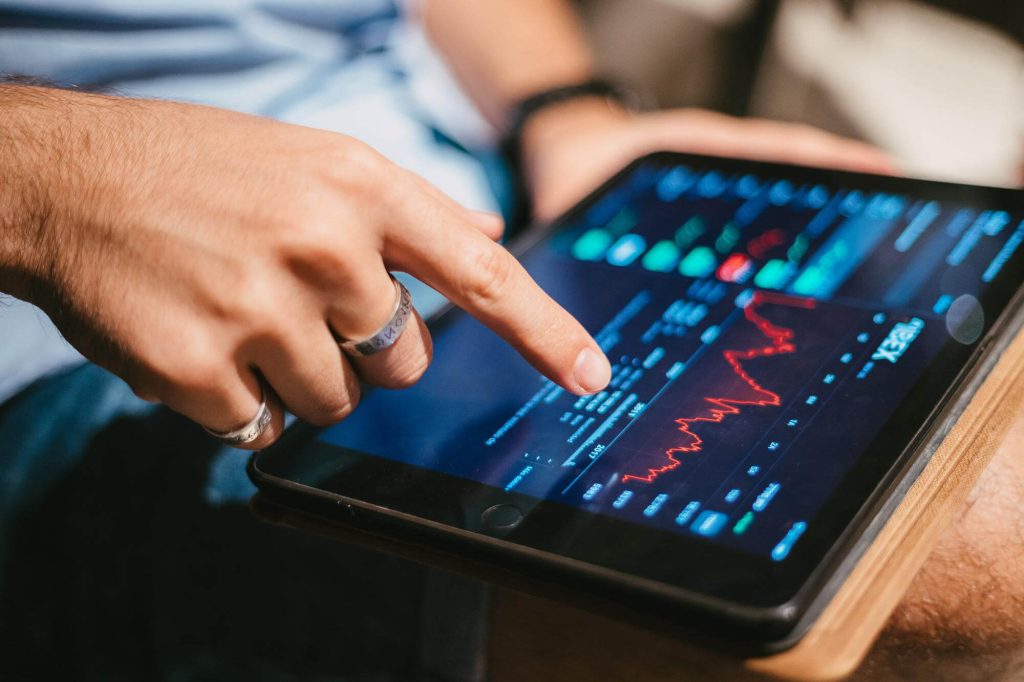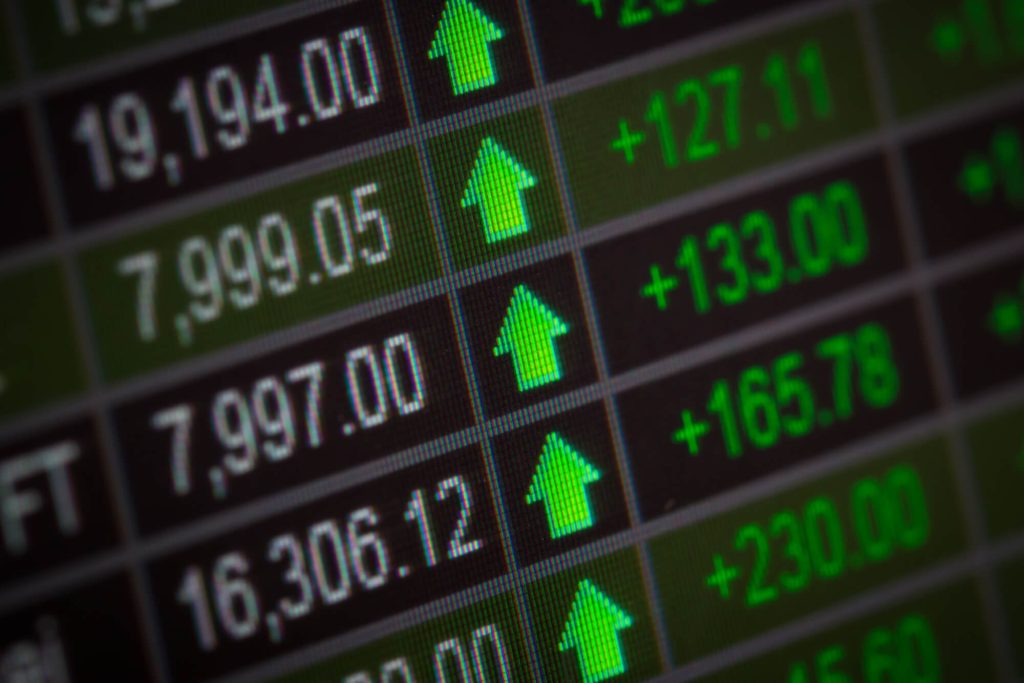As a trader, choosing the right Contract for Difference (CFD) broker can be a daunting task. With so many options available, it can be difficult to know where to start. Choosing the right broker is crucial, as it can make a significant difference to your trading experience and profitability. In this article, we will provide you with some top tips to help you choose the right CFD broker for your trading needs.
1. Understand the Basics of CFD Trading
Before choosing a CFD broker, it’s essential to understand the basics of CFD trading. CFDs are derivative products that allow you to trade on the price movements of an underlying asset without actually owning the asset. CFDs allow you to take long or short positions and offer leverage, allowing you to open positions larger than your account balance. However, leverage also increases your risk, and you could lose more than your initial deposit.
2. Know Your Trading Needs and Goals
Before choosing a CFD broker, it’s important to know your trading needs and goals. What type of trader are you? What financial instruments do you want to trade? Do you have a preferred trading strategy? Knowing the answers to these questions will help you find a broker that meets your specific needs.
3. Research Different Brokers
Researching different brokers is essential to finding the right one for you. Consider factors such as the broker’s reputation, regulatory status, trading platform, fees and charges, customer support, and trading instruments.
4. Check the Broker’s Regulatory Status
Choosing a regulated broker is crucial to ensuring the safety of your funds. Regulatory bodies such as the Financial Conduct Authority (FCA) and the Australian Securities and Investments Commission (ASIC) provide protection for traders, and brokers must adhere to strict guidelines to obtain and maintain their regulatory status.
5. Evaluate the Broker’s Trading Platform
The trading platform is the primary tool for executing trades, and it’s important to find one that suits your trading needs. Look for a platform that is user-friendly, stable, and offers a range of trading tools and features.
6. Look for Competitive Fees and Charges
CFD brokers charge fees and commissions, and these can significantly impact your profitability. Look for a broker that offers competitive fees and charges, and be wary of hidden costs.
7. Consider the Broker’s Customer Support
Good customer support is essential, especially if you’re new to trading. Look for a broker that offers multiple customer support channels, such as email, phone, and live chat, and has a reputation for excellent customer service.
8. Check the Broker’s Reputation
The broker’s reputation is an essential factor to consider when choosing a CFD broker. Look for a broker with a good reputation and positive reviews from other traders.
9. Test the Broker’s Demo Account
Most brokers offer a demo account, allowing you to test their platform and trading conditions before committing real money. Use the demo account to evaluate the broker’s trading platform, customer support, and trading instruments, and ensure they meet your trading needs.
10. Consider the Availability of Education and Resources
Trading can be complex, and it’s essential to have access to education and resources to improve your skills and knowledge. Look for a broker that offers a range of educational materials, such as webinars, tutorials, and eBooks, to help you develop your trading skills.
11. Look for Additional Trading Tools and Features
Some brokers offer additional trading tools and features that can enhance your trading experience. Look for a broker that offers tools such as technical analysis, market news, and economic calendars, to help you make informed trading decisions.
12. Evaluate the Broker’s Deposit and Withdrawal Options
Deposit and withdrawal options are essential when choosing a CFD broker. Look for a broker that offers a range of options, such as credit cards, bank transfers, and e-wallets, and ensure the options are convenient and secure.
13. Consider the Broker’s Trading Instruments
CFD brokers offer a range of trading instruments, such as stocks, indices, forex, and commodities. Look for a broker that offers the instruments you want to trade and ensure they have competitive spreads and margins.
14. Check the Broker’s Availability and Accessibility
Choosing a broker that is available and accessible is crucial to your trading experience. Look for a broker that offers 24/7 support, and a platform that is available on multiple devices, such as desktop, mobile, and tablet.
15. Summary and Conclusion
Choosing the right CFD broker is crucial to your trading success. Consider factors such as regulatory status, trading platform, fees and charges, customer support, reputation, education and resources, additional trading tools and features, deposit and withdrawal options, trading instruments, availability, and accessibility. By taking the time to research and evaluate different brokers, you can find one that meets your specific trading needs and goals.
In conclusion, finding the right CFD broker can be challenging, but by following these tips, you can make an informed decision. Remember to test the broker’s demo account, evaluate the trading platform and customer support, and consider factors such as regulatory status and reputation. With the right broker, you can enhance your trading experience and increase your profitability.




